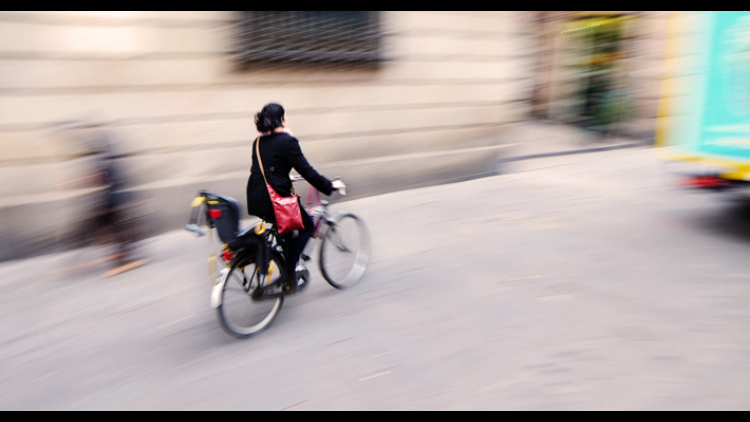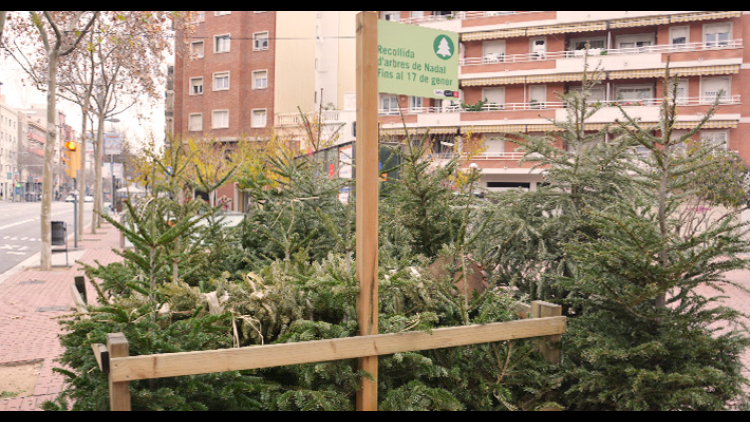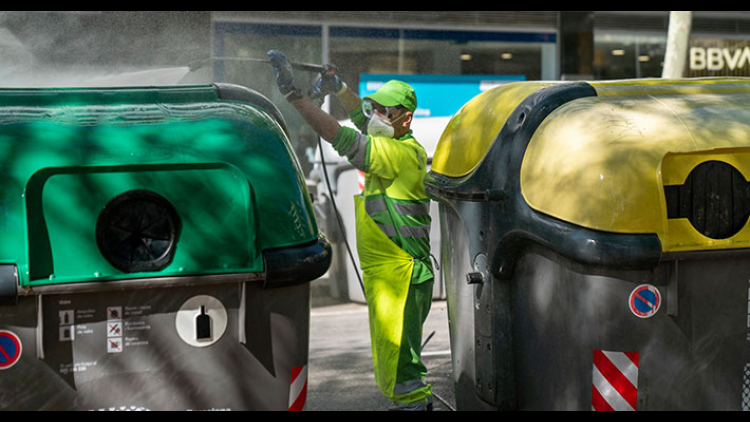A sustainable Christmas
Eleven tips
Follow these eleven tips for preventing waste and help to minimise the Christmas season's impact on the environment.
Christmas is usually a consumption-intensive season, from presents to food, drink and ornamental plants such as fir trees. People also travel more and use more energy in their homes.
That’s why it’s up to all of us to minimise the festive season’s impact on the environment by following a series of simple ideas, tips and best practices that will help to make this Christmas more sustainable and responsible.
Tip 1: Recycled Christmas tree
TIP: Have fun doing handicrafts while reconnecting with the true spirit of Christmas and your inner child. If you have children at home, it gives you another fun family activity to do. Decorate your home creatively: find sustainable alternatives to Christmas trees. You can make them out of wine corks, cardboard boxes, dry branches, books or other everyday objects you have at home.
IMPACT: After spending a few weeks in our living rooms, thousands of Christmas trees are dumped at the collection points located throughout the city. One more wasteful habit the environment could do without.
SELECTIVE WASTE DISPOSAL: If you end up choosing a natural tree, take it to the nearest collection point once the festivities are over.
Tip 2: Less is more
TIP: Consider whether you need to wrap your gifts, and if you do, wrap them in reused materials: pre-used gift wrap or pages from newspapers, magazines or used maps. Or try furoshiki gift wrapping, a traditional Japanese technique using fabric. Start a trend with furoshiki and trigger a virtuous circle of giving and receiving. The material you use to wrap your present goes from person to person in your inner circle, and it is quite likely to return to you before long, as a present. If you use wrapping paper, make sure it is recycled or sourced from sustainably managed forests.
IMPACT: It is calculated that around 70 km2 of wrapping paper is used at Christmas. This is equivalent to 10,000 football fields!
Tip 3: Do Secret Santa without buying a new gift
TIP: Don’t buy things that will turn into waste. While organising things at home, look for hidden gifts that you don’t need but which could be valuable to someone else. Tidy up your house and get Secret Santa presents while you’re at it.
IMPACT: By changing consumer habits, we can put a stop to the indiscriminate exploitation of the planet’s resources and slow the effects of the climate emergency. We need to replace the current model of producing things, using them and throwing them away with habits that extend the useful life of items, turning waste into resources.
Tip 4: Not one crumb in the bin
TIP: Don’t force yourself to eat everything on the table to avoid throwing food away. Instead, use your leftovers to prepare another meal. This way you avoid indigestion and intense workouts aimed at losing that festive flab.
IMPACT: We would save the planet quite a few tonnes of greenhouse gases.
Tip 5: Don’t be tempted... no single-use items on the dining table!
TIP: This is a time for getting together with friends and relatives, with many meals in a row. For convenience, we often bring out single-use crockery. Keep up with the times; disposable is dated! You save on trips to the rubbish containers, and, more importantly, you protect your health. This Christmas, keep calm and wash the dishes!
IMPACT: Half of the plastic waste found in the sea comes from single-use items.
Eleven tips
Follow these eleven tips for preventing waste and help to minimise the Christmas season's impact on the environment.




